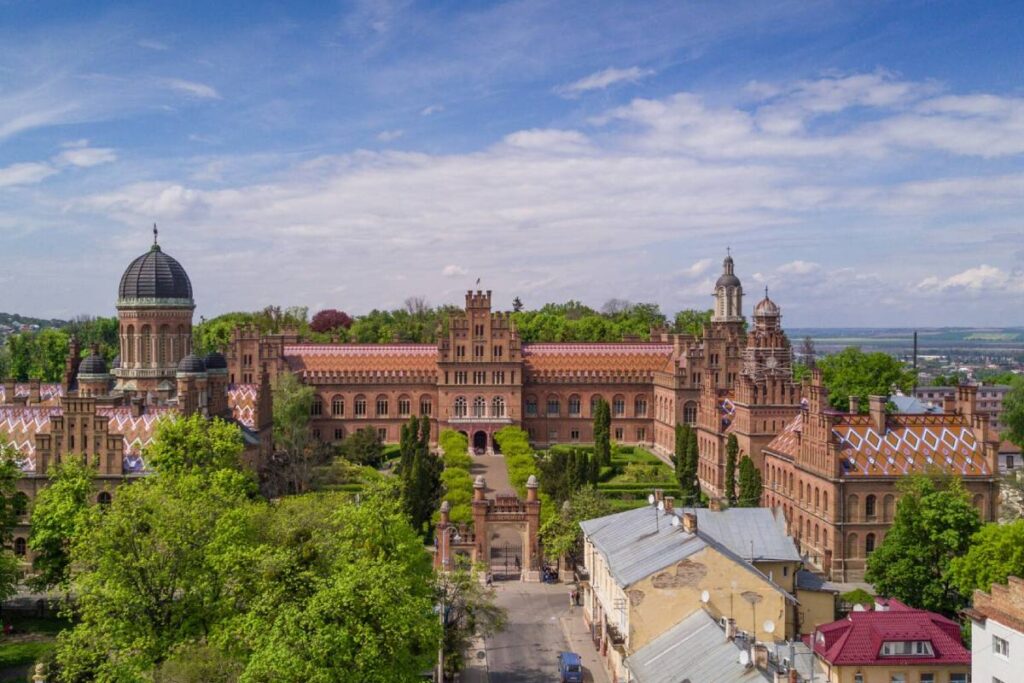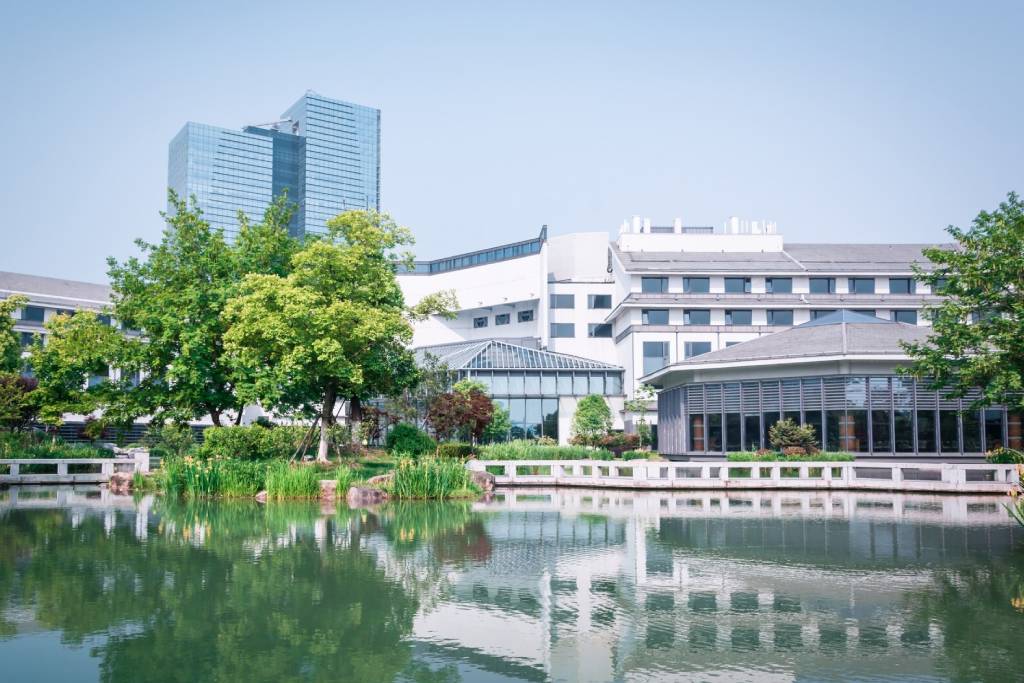Exploring Education Excellence: Studying in Singapore
In recent years, Singapore has come up as one of the foremost destinations for international students. Officially called the Republic of Singapore, this country is made up of 60 islands, with Singapore Island being the biggest one.
Singapore’s strategic location, hi-tech facilities, interesting cultural contrasts, and tourist attractions have made it a leading destination for both business and pleasure in recent years.
Singapore places a huge emphasis on education. Although small in size, it packs a punch when it comes to research, innovation, and higher education. Singapore has both local and foreign universities and institutions which offer recognized courses to students.
These institutions offer various courses, from Management to Biotechnology, Engineering to Jewelry Design and Medicine to Mass Communication. An added advantage of studying in Singapore is that the cost of education is lower compared to other countries.
There are currently 5 publicly funded universities: the National University of Singapore (NUS), Nanyang Technological University (NTU), Singapore Management University (SMU), Singapore University of Technology and Design (SUTD) and the Singapore Institute of Technology (SIT).
According to Singapore’s Ministry of Education, the overall proportion of international students at the local universities is 16%. The Computing, Science, and Engineering courses at NUS and NTU have approximately 26% international students.
Other institutions like INSEAD, La Salle College of the Arts, Nanyang Academy of Fine Arts, and Digipen Institute of Technology focus on world-class art and technology education.
 The admission requirements of universities in Singapore generally include SAT (for undergraduate study), GRE /GMAT (for postgraduate courses), and either TOEFL or IELTS (to prove English proficiency). Additional documents like transcripts, recommendations, personal statements, etc will be specified by each university.
The admission requirements of universities in Singapore generally include SAT (for undergraduate study), GRE /GMAT (for postgraduate courses), and either TOEFL or IELTS (to prove English proficiency). Additional documents like transcripts, recommendations, personal statements, etc will be specified by each university.
Undergraduate fees can range between S$ 28,000 to 35,000 per year and postgraduate fees can be approximately S$ 18,000 to 25,000 per year.
Tuition fees (especially for undergraduate courses) are highly subsidized in universities. All students (including international students) can apply for the Singapore Government’s Tuition Grant (TG) Scheme. The Scheme provides a subsidy to eligible students in exchange for signing a TG agreement in which they will need to work in a Singapore-based company for at least 3 years upon graduation.
The Singapore student visa is called a Student Pass. To acquire a Student Pass, students should show an admissions offer for a full-time course from the concerned university and adequate funds to complete their education.
Singapore ranks 15 in the Quacquarelli Symonds 2015 ranking for Best Student Cities, thanks to the country’s prominent universities, outstanding quality of higher education, diverse student community, and high quality of life. With ‘The Lion City’ celebrating its 50th birthday this year, there couldn’t be a better time to study in this vibrant multicultural hub.
Frequently Asked Questions (FAQs) related to studying in Singapore:
Q1: Why should I consider studying in Singapore?
A1: Singapore offers world-class education, a diverse and inclusive environment, high-quality universities, and excellent career prospects, making it an attractive destination for international students.
Q2: What are the admission requirements for universities in Singapore?
A2: Admission requirements vary by institution and program but typically include academic qualifications, English language proficiency (often IELTS or TOEFL scores), and sometimes an entrance exam or interview.
Q3: Are there scholarships available for international students in Singapore?
A3: Yes, Singapore offers various scholarships and financial aid options for international students. These can be provided by universities, government agencies, and private organizations.
Q4: How much does it cost to study in Singapore as an international student?
A4: Tuition fees and living expenses in Singapore vary, but there are a range of options available to suit different budgets. Costs can be higher in the city center but lower in other areas.
Q5: Can international students work part-time in Singapore while studying?
A5: Yes, many international students in Singapore are allowed to work part-time during their studies to support their living expenses.
Q6: How can I find accommodation in Singapore while studying?
A6: Universities often provide on-campus housing options. You can also explore private accommodations such as shared apartments, hostels, or rental housing.
Q7: What is the student life like in Singapore?
A7: Student life in Singapore is vibrant and diverse, with opportunities for cultural experiences, extracurricular activities, and social engagement.
Q8: Are there any cultural or visa requirements for international students in Singapore?
A8: International students should familiarize themselves with Singaporean culture and customs. They also need to obtain a valid student visa (Student Pass) to study in Singapore.
Q9: How can I make the most of my academic journey while studying in Singapore?
A9: Make use of academic support services, engage with professors and classmates, participate in extracurricular activities, and explore Singapore’s rich cultural offerings to enrich your experience.
Q10: What are the benefits of studying in Singapore for international students?
A10: Benefits include access to top-notch education, a multicultural environment, improved career prospects, and a chance to experience life in a dynamic and global city.
Q11: Where can I find more information and resources for studying in Singapore?
A11: You can find more information through university websites, the Singaporean government’s education portal, and international student support services.





